UC San Diego Chancellor Pradeep Khosla Receives a $500K Salary Boost to Retain Leadership
Photo by Nicholas Regli/ UCSD Guardian
Apr 30, 2023
The University of California Board of Regents recently approved a $500,000 salary increase for UC San Diego Chancellor Pradeep Khosla, boosting his annual base pay to a substantial $1.14 million. The decision, made to prevent Khosla from accepting a lucrative presidency offer from an out-of-state private university, has stirred a blend of responses within the UCSD community.
Khosla, who assumed his role in 2012, has been at the helm of an $8.5 billion expansion at UCSD, leading to considerable growth in enrollment, research initiatives, and community outreach. His tenure has seen the student population surge from 28,000 to 42,000, with projections suggesting the figure could escalate to 50,000 within the next decade.
Despite the evident growth, the expansion has stirred controversy. Concerns echo across the campus, with students and staff alike voicing apprehensions about the rapid development, raising issues ranging from a lack of affordable housing to the fear of overexpansion. These tensions came to a head during a recent strike by graduate student workers and academic researchers, which called for higher salaries and improved working conditions.
Representing the student voice, Kevin Nguyen, a freshman at Thurgood Marshall College, reflected on his personal experience with campus expansion.
“It’s hard to celebrate the university’s growth when students like myself are struggling to find affordable housing on or near campus,” Nguyen said. “The rapid expansion feels like it’s coming at the expense of student welfare.”
Echoing Nguyen’s concerns, Thurgood Marshall sophomore David Quan drew attention to the broader student experience.
“While I acknowledge Chancellor Khosla’s role in elevating UC San Diego’s standing, I firmly believe that there should be greater emphasis placed on enhancing the holistic student experience,” Quan said. “The massive class sizes and limited resources are beginning to impinge on the quality of our education.”
Thurgood Marshall freshman Hannan Ashraf expressed concern over the financial strain of rising costs.
“I understand that the Chancellor has played a crucial role in the university’s growth, but it’s important to remember that our tuition and fees continue to rise, making it more difficult for students from low-income backgrounds to afford education here,” Ashraf said.
The faculty perspective is not without its challenges, as a teaching professor — who chose to remain anonymous due to fear of retaliation — expressed frustrations about the chancellor’s salary increase in the aftermath of the recent strike.
“It’s disheartening to see such a massive raise for the chancellor when many of us are struggling to make ends meet,” the teaching professor said. “The university should prioritize addressing staff concerns and improving our working conditions.”
In contrast, members of the UC Regents expressed their support for Khosla’s new pay raise.
Director of Media Relations and Press Secretary at the Office of the President Roqua Montez IV said, “The Regents unanimously approved a retention package for Khosla, which is valued at less than half of the competing offer. Notably, no state tax dollars were used for the retention package. We understand the concerns raised and are actively working to address them.”
The salary increase, funded entirely by private donors, propelled Khosla’s pay beyond the typical amount of other UC chancellors. Previously, chancellors of UC Berkeley and UCLA were paid the most.
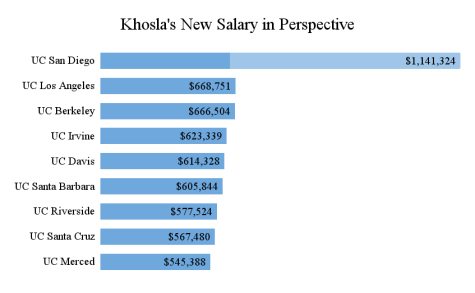
San Diego businessman and chairman of the Board of Regents Rich Leib disclosed to La Jolla Light that private donors contributed around $13 million to endow a chair, with the interest income covering the salary increase.
The support for Khosla extends beyond the campus. Qualcomm co-founder and one of the university’s largest benefactors Irwin Jacobs praised Khosla’s leadership.
“He has done a wonderful job for the campus, for the city, for the region, and internationally,” Jacobs said. “He’s been watching over tremendous growth that’s allowed more Californians to be admitted, he’s worked with the faculty, staff, and donors on all accounts, and he’s dealing well with the housing issue.”
The university’s journey towards growth is a test for higher education institutions across the country, as they face the challenge of attracting and retaining top leadership while simultaneously addressing the pressing concerns of their constituents. With Khosla continuing at the helm, UCSD path will be keenly watched in the coming years.
Data Visualization by Madeline Lascola Hutcherson


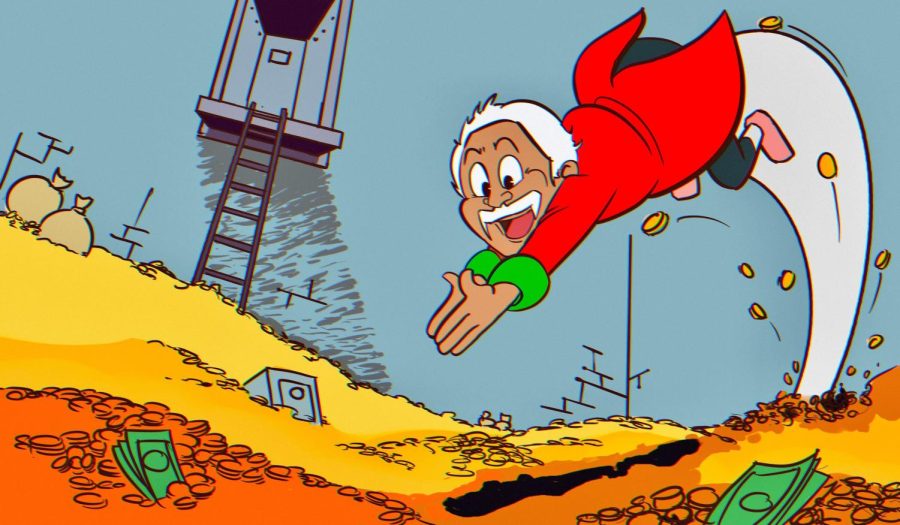








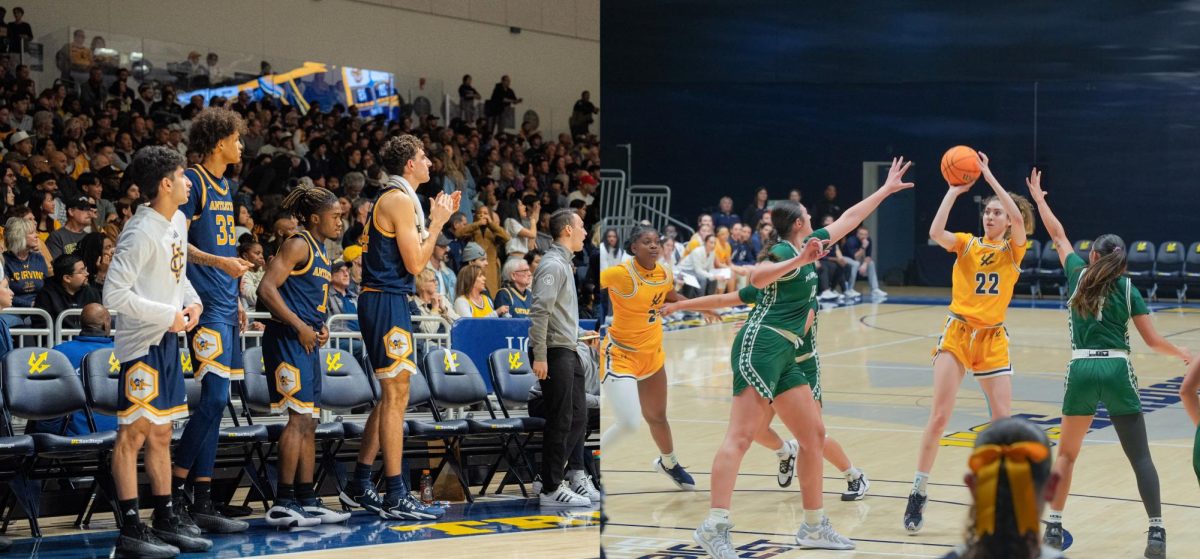



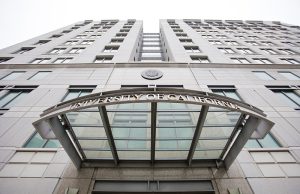
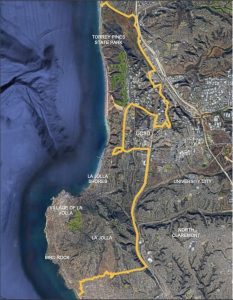
Martha Villarreal • May 2, 2023 at 1:16 am
i like this aarticle its awesome